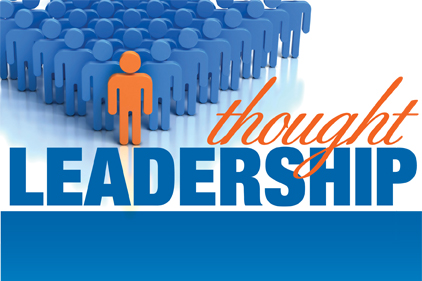 Who knows how many thousands of books and articles have been written about leadership? In contrast, blog articles written on leadership typically have 500 or fewer words. So, here is a short version that deals with my interpretation of material taught at West Point and applied in a practical manner by many individuals (with editorial license here and there on my part).
Who knows how many thousands of books and articles have been written about leadership? In contrast, blog articles written on leadership typically have 500 or fewer words. So, here is a short version that deals with my interpretation of material taught at West Point and applied in a practical manner by many individuals (with editorial license here and there on my part).
Leadership deals with Capacity, Character and Competence.
Capacity: I seldom see capacity on a list of leadership traits. And yet, it is extremely important to be competent and effective in attributes like processing the information we receive, having good discernment, being able to carry and execute significant responsibility and being able to endure and excel under heavy demands and pressure. These are all attributes associated with the capacity of an effective leader.
Character: Who is the real you? According to legendary basketball coach John Wooden, your reputation is what you are perceived to be by others, but your character is what you really are. You are the only one who knows your true character with respect to important traits such as integrity, flexibility, respect, care and responsiveness. You can fool others, but you can’t fool yourself. How liberating is it to exchange a false reputation for the true character that will make a difference in the lives of those with whom you interact. Do you have a disconnect between the two? If so, what should you do to deliver true character versus some outward actions which deliver a false reputation?
Competence: We all possess Knowledge, Skills and Attitudes; characteristics that deliver competence:
- Knowledge is what we have studied.
- Skills deal with the knowledge we have practiced to a point that delivers excellence in that skill attribute. Additionally, there are soft-side skills which help deliver competence—things like interpersonal skills and project/task management.
- Attitude deals with how we show up and apply our knowledge and skills in the workplace. We all know how differences in attitude before, during and after the task affect others and the outcomes of what we and our associates accomplish.
Good leadership makes a huge difference in performance. How can we use the above concepts to help ourselves and our organizations perform better?
The Doc

